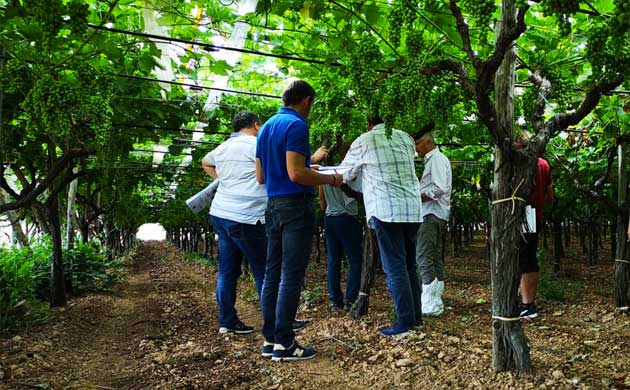Agrochemical Products
Home » Agrochemical products
The use of Agrochemical products or Plant Protection Products (PPP) brings a wide range of benefits:
- Human diet: high quality affordable food, large choice of fruits and vegetables, reduction of human exposure to natural toxins.
- Economical: increase the yield and farmer income.
- Enviromental: the farmers contribute to the maintenance of rural areas.
Conventional and organic PPP are both regulated by the European Regulation 1107/2009.
The goals of this regulation is the registration of SAFE substances for human and animal health, for environmental, and to increase the yield.
For this reason the scientific assessment and the approval of active substances is carried out at EU-level following the Regulation (EC) N° 283/2013 (ex Annex II) while the subsequent scientific assessment and the authorization of PPPs containing an EU approved active substance are the exclusive responsibility of individual Member State following the Regulation (EC) n° 284/2013 (ex Annex III)
Applicants are required to submit a full dossier and Anadiag Italia with Anadiag Network, through their own facilities and specialized partners, can manage the registration process in all the phases.
The data package for the Plant Protection Product (PPP) submission is the following:
- Section 1 Identification of the PPP (trade name, composition, active substances,…)
- Section 2 Physical and chemical properties of the PPP (explosive, flammability, pH, density, storage stability, suspensibility, dilution, flowability, etc….)
- Section 3 Data on application (rate, number and timing of application, method of application, instructions for use,….)
- Section 4 Further information on the PPP (safety instructions, measures in case of accident,…)
- Section 5 Analytical methods (for the determination of residues in support of many of the different studies needed)
- Section 6 Efficacy data (preliminary tests, efficacy, resistance, phytotoxicity, effects on yield, quality and processing, observation on unintended side-effects, impact on succeeding and adjacent crops, effect on beneficial and non-target organisms)
- Section 7 Toxicological studies on the PPP (acute, oral, dermal, inhalation, skin, eye, operator exposure, bystander and resident exposure, worker exposure)
- Section 8 Residues in or on treated products, food or feed
- Section 9 Fate and behaviour in the environment (degradation, dissipation, accumulation in soil, fate and behaviour in water and air)
- Section 10 Ecotoxicological studies on the PPP (effects on birds and other terrestrial vertebrates, toxicity to mammals, fish, aquatic invertebrates, aquatic algae, effects on arthropods and bees, effects on earthworms, effects on soil nitrogen transformation)
- Section 11 Literature data
- Section 12 Classification and labelling
In addition
Practical-value and Demo trials during the period between the submission of the dossier and the registration.
Our Services
Anadiag Italia with Anadiag Network is certified as GLP (Good Laboratory Practice) and GEP (Good Experimental Practice) to conduct the following official tests and regulatory services for registration and development of the PPPs.


EFFICACY STUDIES (GEP)
Official field trials are carried out according to the GEP (Good Experimental Practice) principles, as required by the EPPO (European Organization for the Protection of Plants) guidelines. They can be performed on the entire Italian territory, especially in the key agricultural areas, using modern equipments. We can manage trials all over Europe, through Anadiag Group and a dedicated project management from the protocol design to the report. We can build specific trials program in each European EPPO zone, following the mutual recognition of the Regulation 1107/2009, with the most effective trial distribution in the different EU countries.
- Evaluation of PPP effectiveness to control several kind of pests (including emerging pests or quarantine)
- Evaluation of Phytotoxicity and Selectivity towards target plants
- Evaluation of the impact on yield, through experimental plot combine-harvester and analysis of quality parameters through Anadiag Italia specialized laboratory.
- Evaluation of the effects on succeeding crops or on rotational crops
- Processing and Taint Test studies
- Assessment of the effects on beneficial entomofauna and non-target organisms
- Resistance monitoring
- Evaluation of PPP effectiveness to control several kind of pests (including emerging pests or quarantine)
- Evaluation of Phytotoxicity and Selectivity towards target plants
- Evaluation of the impact on yield, through experimental plot combine-harvester and analysis of quality parameters through Anadiag Italia specialized laboratory.
- Evaluation of the effects on succeeding crops or on rotational crops
- Processing and Taint Test studies
- Assessment of the effects on beneficial entomofauna and non-target organisms
- Resistance monitoring
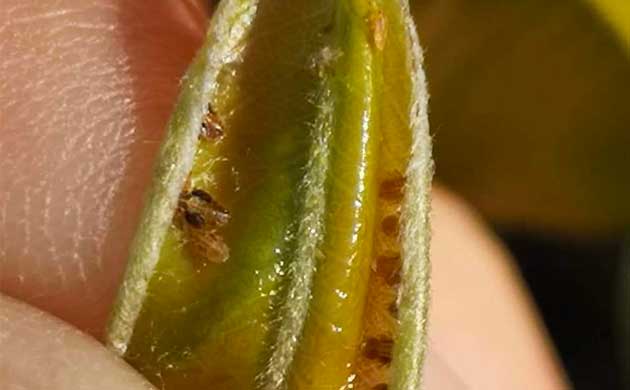
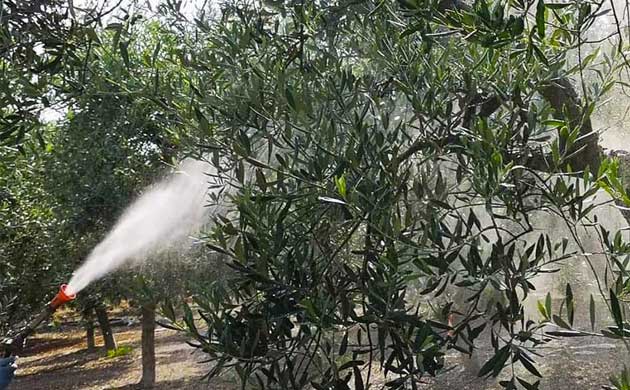
RESIDUE STUDIES: Field and Lab (GLP)
FIELD RESIDUE TRIALS:
- Harvest and decline curve trials, to determine the residues in treated crops
- Rotational crop and succeeding studies
- Variability studies
- Accumulation and dissipation soil studies
- Processing studies
INTERNAL LABORATORY RESIDUE ANALYSIS:
- Residue analysis of field and processed samples, using modern HPLC, gas chromatographs, spectrophotometers.
- Method development and validation by experienced scientists
- Independent Laboratory studies
- Frozen stability studies
- Large experience on various substances
- Experience on all matrices: plants, plant product, body tissues, water, soil, air…
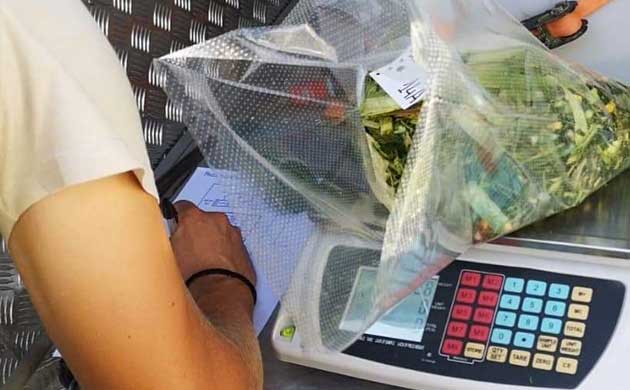
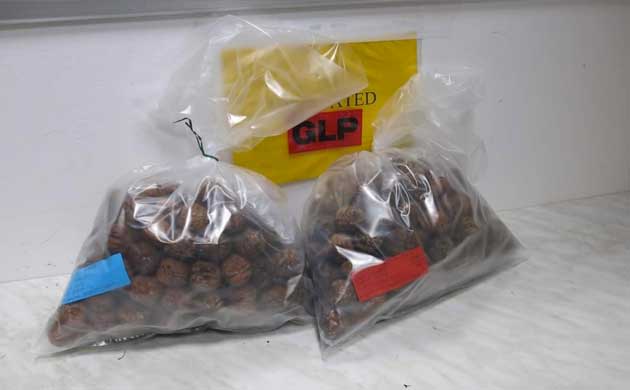
PURITY PROFILE: 5-BATCH (GLP)
- Preliminary Screening for impurity identification and structure elucidation
- Active ingredient and impurities content
- Methods development and validation following international guidelines
Technical equivalence in accordance with SANCO/ 10597/2003 rev 10.1
- Additional required tests
- Characterization of the batches and reference standars (NMR, UV, IR, MS).
- Custom synthesis (by isolation) of impurities analytical standards
PHYS-CHEM STUDIES (GLP)
- Determination of physical, chemical properties
- Analysis of active ingredient content and relevant impurities
- Safety tests (hazardous properties)
- Storage stability and shelf-life studies
- Edition and legalization of GLP Analysis Certificate
- Delivery of CoA to support the registration process, in particular for Phys-chem, tox, ecotox and residue studies
- Determination of physical, chemical properties
- Analysis of active ingredient content and relevant impurities
- Safety tests (hazardous properties)
- Storage stability and shelf-life studies
- Edition and legalization of GLP Analysis Certificate
- Delivery of CoA to support the registration process, in particular for Phys-chem, tox, ecotox and residue studies

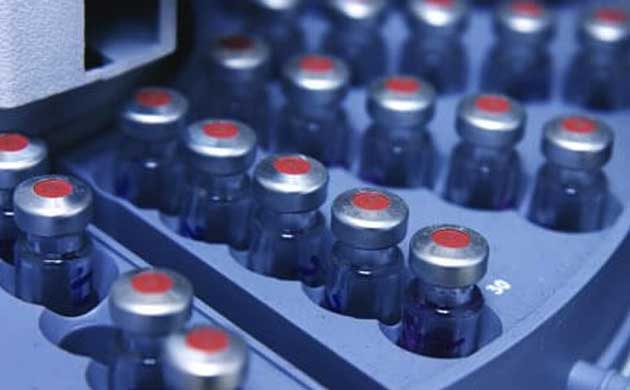
EXPOSURE STUDIES (GLP)
Anadiag group has developed a full-service package for the monitoring and management of exposure studies and can perform the following types of studies:
In compliance with OECD/GD(97)148 Guidance document: Operator exposure – Worker exposure -Bystander exposure
In compliance with the EPA Part B Guideline 875.2100 and HS-1600 Guidance: DFR (Dislodgeable Foliar Residue)
Anadiag can offer this services:
- Selection and evaluation of suitable test sites and operators
- Field team with trained technicians (monitoring, sampling, etc…)
- Field and transit fortifications
- DFR sampling and dislodging technology
- Method development and validation
- Sample analysis (fully equipped, state-of-the-art laboratory)
- Overall project management (field, lab, logistics, etc…)
- Study plan design (customized in collaboration with sponsors and regulatory experts)
ECOTOX STUDIES: Honey Bees and Bumble bees (GLP)
Tests on Honey bees:
- Adult acute oral toxicity test (OECD 213) Adult acute contact toxicity test (OECD 214)
- Adult acute chronic toxicity test (10 days) (OECD 245)
- Brood oral acute toxicity test (Single Exposure) (OECD 237)
- Honey Bee Larval Toxicity Test (Repeated Exposure) (OECD 239)
- Toxicity Test of leaf residues (EPA OCSPP 850.3030, 2012)
- Brood Test under Semi-field conditions (OECD 75)
Tests on Bumble bees:
- Adult acute oral toxicity test
- Adult acute contact toxicity test
ECOTOX STUDIES: Honey Bees and Bumble bees (GLP)
Tests on Bumble bees: Adult acute oral toxicity test – Adult acute contact toxicity test
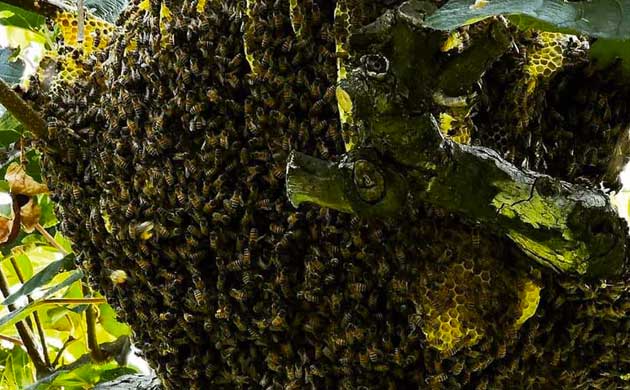
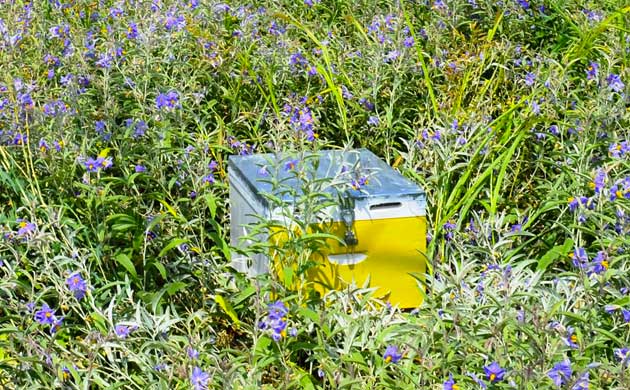
REGULATORY: BAD and DRR
The wide and long experience of Anadiag Group in agrochemical service and the strong relationships with the key stakeholders can offer to the agrochemical industry a complete service for the registration of PPP in EU. ANADIAG ITALIA provides services for the preparation of high-quality Biological Assessment Dossier (BAD) in the OECD format and dRR Section 3 summaries, for supporting a new registration, a label extension or a re-registration of the formulated product.
ANADIAG ITALIA with specialized agronomists offer services to optimize the use of your data package, and anticipates authorities’ request.
- Data GAP analysis
- Selection of trials to be included in the Dossier
- Careful assessment of the number of efficacy and selectivity data required
- Definition of a bridging, extrapolation or argumentation approach
- Strong agronomic and plant pathology expertise, to provide argumentation in support of the label claims, in the event of data are not entirely sufficient
- Mutual recognition approach within the “EPPO Climatic zones” and following the new regulatory areas
- Support for the pre-submission meeting
- Complete analysis of the dossier (efficacy evaluation, justification of co-formulation…)
- Update of BADs and dRR concise summaries with new data
- Complete and detailed resistance risk analysis. This analysis is based on in depth knowledge of active substance, pest and crop, supported by bibliographic search relevant data
- Preparation of responses to authorities’ comments upon assessment
- Our approach complies with regulation (EC) n°1107/2009 and national relevant guidelines
- Data GAP analysis
- Selection of trials to be included in the Dossier
- Careful assessment of the number of efficacy and selectivity data required
- Definition of a bridging, extrapolation or argumentation approach
- Strong agronomic and plant pathology expertise, to provide argumentation in support of the label claims, in the event of data are not entirely sufficient
- Mutual recognition approach within the “EPPO Climatic zones” and following the new regulatory areas
- Support for the pre-submission meeting
- Complete analysis of the dossier (efficacy evaluation, justification of co-formulation…)
- Update of BADs and dRR concise summaries with new data
- Complete and detailed resistance risk analysis. This analysis is based on in depth knowledge of active substance, pest and crop, supported by bibliographic search relevant data
- Preparation of responses to authorities’ comments upon assessment
- Our approach complies with regulation (EC) n°1107/2009 and national relevant guidelines
MARKETING (Survey - DEMO trials)
- Set up of specific practical value trials
- Set up of specific positioning trials with high technical value, in order to validate the new product in specific area of interest and give to the client technical information on its use and its correct positioning, considering also the zonal IPM.
- Set up of specific demonstration trials in the key agricultural areas of the Italian territory involving the main stakeholders and opinion leaders of the specific area.
